Red Borneo Kratom is a unique strain of the Mitragyna speciosa tree, native to the island of Borneo. This tropical...

Does Kratom Lower Testosterone? Exploring the Facts
Kratom, a Southeast Asian plant from the coffee family, has gained significant popularity in recent years for its potential therapeutic benefits. However, as with any substance, concerns have arisen regarding its potential side effects, particularly its impact on testosterone levels. Testosterone, the primary male sex hormone, plays a crucial role in various bodily functions, including muscle growth, bone density, libido, and overall well-being. As such, understanding the relationship between Kratom and testosterone levels is paramount for individuals considering its use.
What is Testosterone?
Testosterone is a steroid hormone primarily produced in the testicles of men and, to a lesser extent, in the ovaries of women and the adrenal glands of both sexes. This hormone is responsible for the development of male physical characteristics, such as increased muscle mass, bone density, and facial hair growth. Additionally, it plays a vital role in maintaining libido, sperm production, and red blood cell levels.
Normal testosterone levels in men range from 300 to 1,000 nanograms per deciliter (ng/dL), with levels typically peaking in the late teens to early twenties. Low testosterone levels, known as hypogonadism, can lead to a range of symptoms, including decreased muscle mass, low libido, fatigue, and erectile dysfunction.
Understanding Kratom
Kratom (Mitragyna speciosa) is a tropical tree native to Southeast Asia, with its leaves containing a unique blend of alkaloids, including mitragynine and 7-hydroxymitragynine. These compounds interact with the body's opioid receptors, producing a range of effects depending on the dosage. Lower doses are associated with stimulant-like effects, such as increased energy and focus, while higher doses can produce sedative and analgesic (pain-relieving) effects.
Kratom is available in various strains, each with its unique alkaloid profile and potential effects. Common strains include Maeng Da, Bali, and Red Vein, among others. The method of consumption also varies, with some individuals opting for the traditional method of chewing the leaves, while others prefer brewing tea or consuming capsules or powders.
Kratom and Testosterone: Research Findings
Despite the growing popularity of Kratom, research on its potential impact on testosterone levels remains limited. However, several studies have shed light on this topic.
In 2018, researchers from Universiti Sains Malaysia conducted a study on the effects of Kratom on reproductive hormones in male. Similarly, researchers from the University of Florida examined the effects of Kratom on hormone levels in regular Kratom users. The researchers found no significant differences in serum bioactive hormone levels, including testosterone, between Kratom users and non-users.
While these studies suggest that Kratom may not have a direct impact on testosterone levels, it's crucial to note that individual responses may vary, and further research is warranted to fully understand the long-term effects of Kratom use on hormone levels.
Myths vs. Facts
Despite the limited research on Kratom and testosterone, several myths and misconceptions have circulated within the Kratom community and beyond. One common myth suggests that Kratom can significantly lower testosterone levels, leading to a range of adverse effects, including decreased muscle mass, low libido, and fatigue.
However, the scientific evidence to date does not support this claim. As mentioned earlier, studies have found no significant changes in testosterone levels among regular Kratom users. It's crucial to separate fact from fiction and rely on credible, scientific sources when evaluating the potential risks and benefits of any substance.
Kratom's Effects on Male Sexual Health
While the direct impact of Kratom on testosterone levels remains uncertain, some anecdotal reports and research have explored its potential effects on male sexual health and performance.
Certain Kratom strains, particularly those with higher concentrations of the alkaloid 7-hydroxymitragynine, have been associated with potential libido-enhancing effects. However, it's crucial to note that these reports are largely anecdotal, and more research is needed to establish a clear connection.
On the other hand, some individuals have reported decreased libido and sexual performance with long-term, high-dose Kratom use. These effects may be attributed to the sedative and opioid-like properties of Kratom, which can potentially interfere with sexual function.
Long-Term Effects on Hormone Levels
While short-term studies have not shown significant changes in testosterone levels among Kratom users, the long-term effects of regular Kratom use on hormone levels remain largely unexplored.
Some researchers have raised concerns about the potential for Kratom to disrupt the hypothalamic-pituitary-gonadal (HPG) axis, which is responsible for regulating hormone production and release. Prolonged use of Kratom, particularly at high doses, may potentially interfere with the normal functioning of this axis, leading to imbalances in hormone levels, including testosterone.
However, these concerns are speculative, and more comprehensive, long-term studies are needed to evaluate the potential impact of chronic Kratom use on hormone levels and overall endocrine function.
Alternatives and Supplements
For individuals seeking to maintain healthy testosterone levels, there are several natural alternatives and supplements that may be worth considering.
Zinc and vitamin D supplementation have been shown to support testosterone production in some cases of deficiency. Additionally, certain herbs and compounds, such as fenugreek, ashwagandha, and D-aspartic acid, have been studied for their potential testosterone-boosting properties, although further research is needed to establish their efficacy and safety.
It's crucial to note that while these alternatives may offer potential benefits, they should be approached with caution and under the guidance of a healthcare professional, as excessive supplementation or improper use can lead to adverse effects.
Regarding Kratom consumption, it's crucial to purchase products from reputable sources and follow recommended dosage guidelines to minimize potential risks.
The Bottom Line
The relationship between Kratom and testosterone levels remains a topic of ongoing research and discussion. While current studies suggest that Kratom may not have a direct impact on testosterone levels in the short term, the long-term effects on hormone levels and overall endocrine function require further investigation.
It's crucial to approach Kratom use with caution and to rely on credible, scientific sources when evaluating its potential risks and benefits. Consulting with healthcare professionals, particularly for individuals with pre-existing conditions or concerns about hormone levels, is highly recommended.
Ultimately, maintaining a balanced and healthy lifestyle, incorporating regular exercise, a nutritious diet, and stress management techniques, can contribute to optimal hormone levels and overall well-being. For those who seek a reputable source of Kratom, visit Speakeasy Kratom today!
Frequently Asked Questions
Here are some frequently asked questions regarding Kratom and testosterone levels:
Q: Can Kratom Cause testosterone levels to drop significantly?
A: Current research does not support the claim that Kratom significantly lowers testosterone levels in the short term. However, long-term effects on hormone levels require further study.
Q: Is it safe to use Kratom If I have low testosterone levels?
A: It's advisable to consult with a healthcare professional before using Kratom, especially if you have a pre-existing condition or are taking medication that may interact with Kratom .
Q: Can Kratom improve libido or sexual performance?
A: Some anecdotal reports suggest that certain Kratom strains may enhance libido, but more research is needed to establish a clear connection. Long-term, high-dose Kratom use may potentially have the opposite effect.
Q: Are there any natural alternatives to Kratom for maintaining testosterone levels?
A: Supplements like zinc, vitamin D, fenugreek, and ashwagandha have been studied for their potential testosterone-boosting properties, but it's crucial to consult with a healthcare professional before incorporating them into your regimen.
Q: How can I ensure safe and responsible Kratom use?
A: Purchase Kratom products from reputable sources, follow recommended dosage guidelines, and consult with a healthcare professional, especially if you have pre-existing conditions or concerns about hormone levels.
Staying informed, consulting with healthcare professionals, and making responsible choices, individuals can better explore the potential risks and benefits of Kratom use while prioritizing their overall health and well-being.



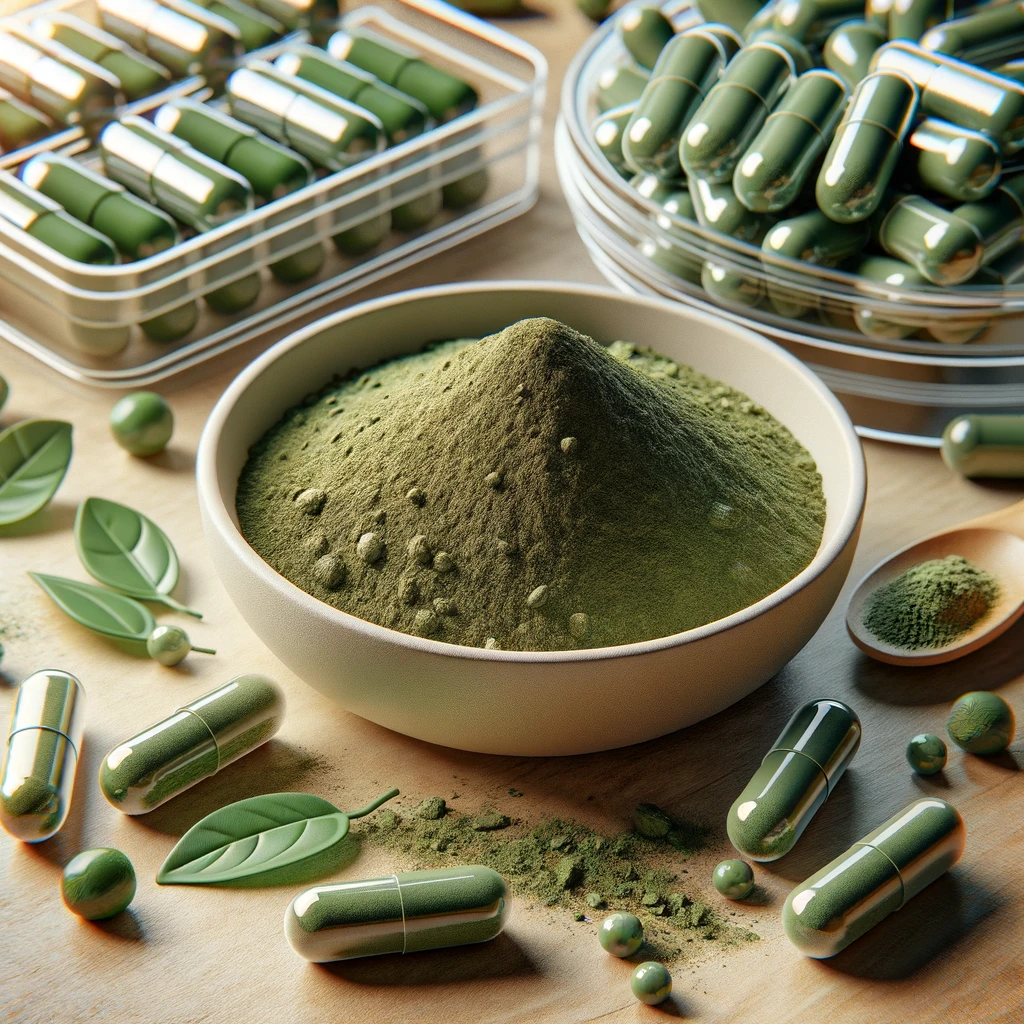



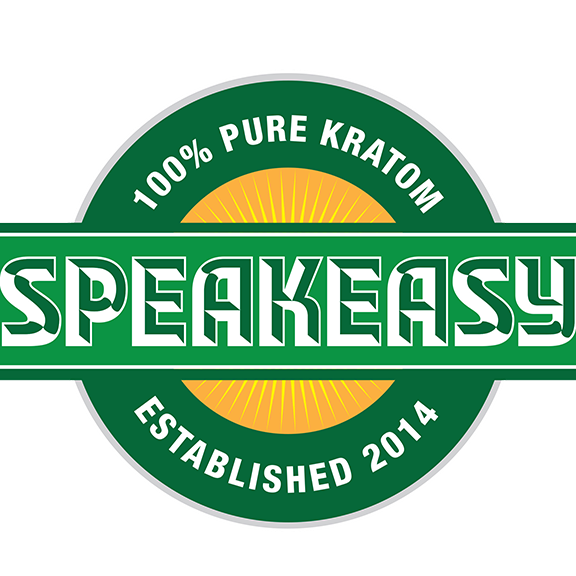
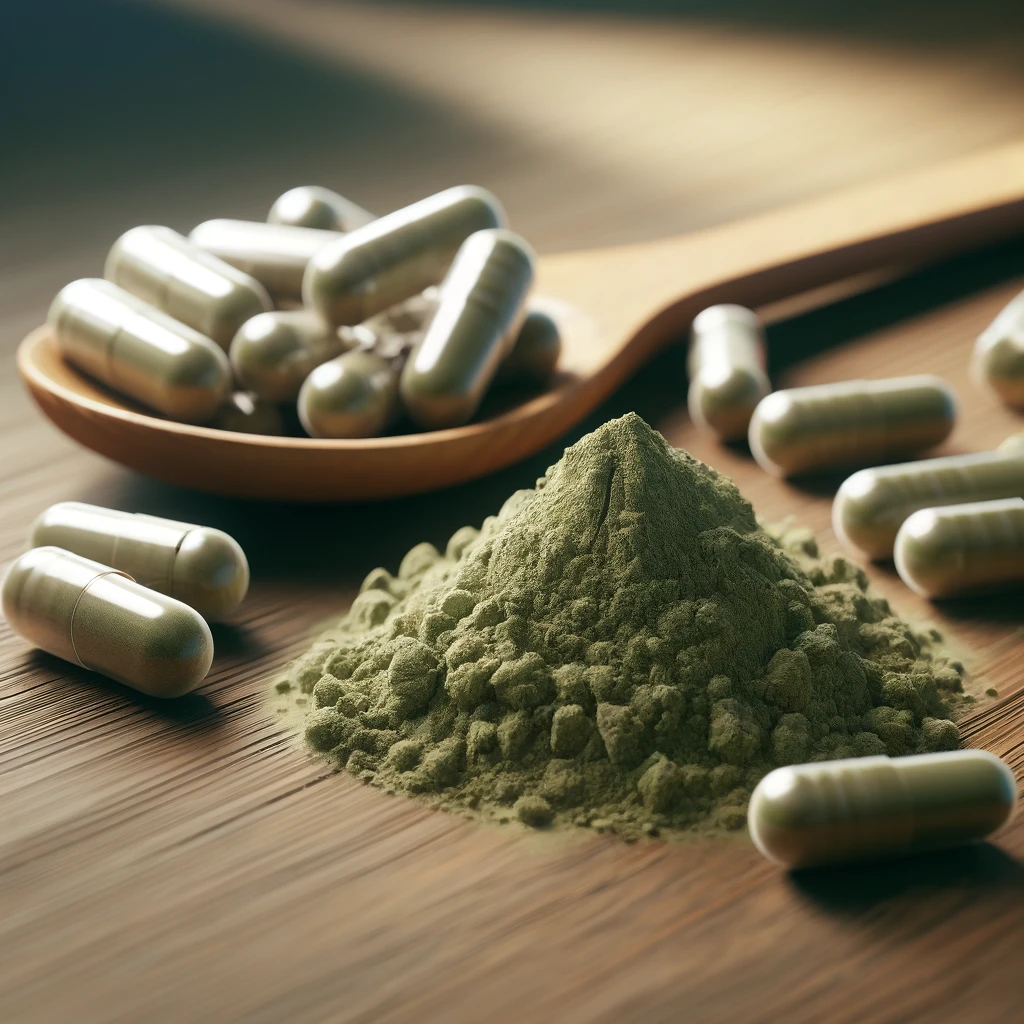


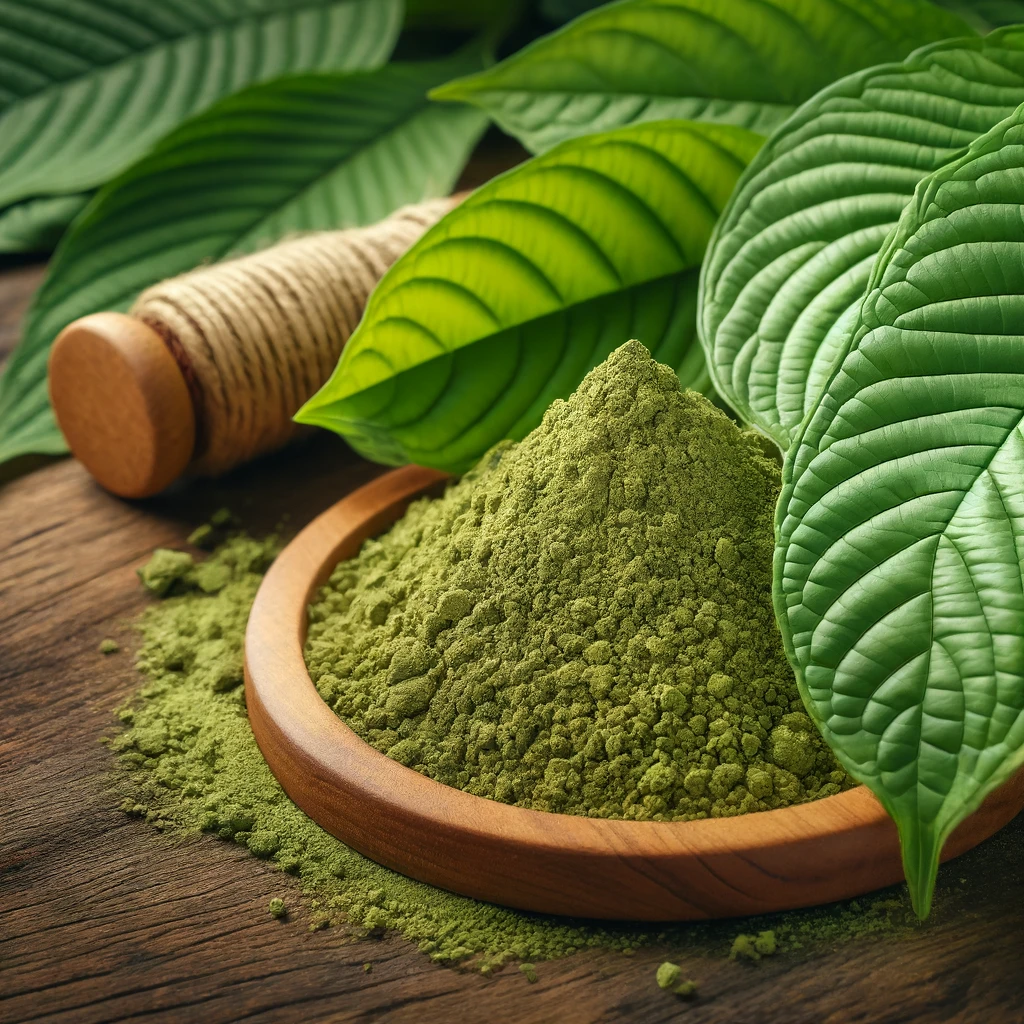
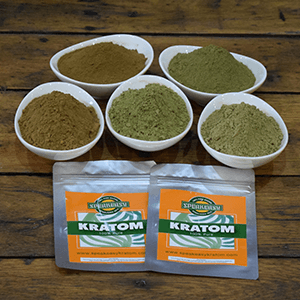

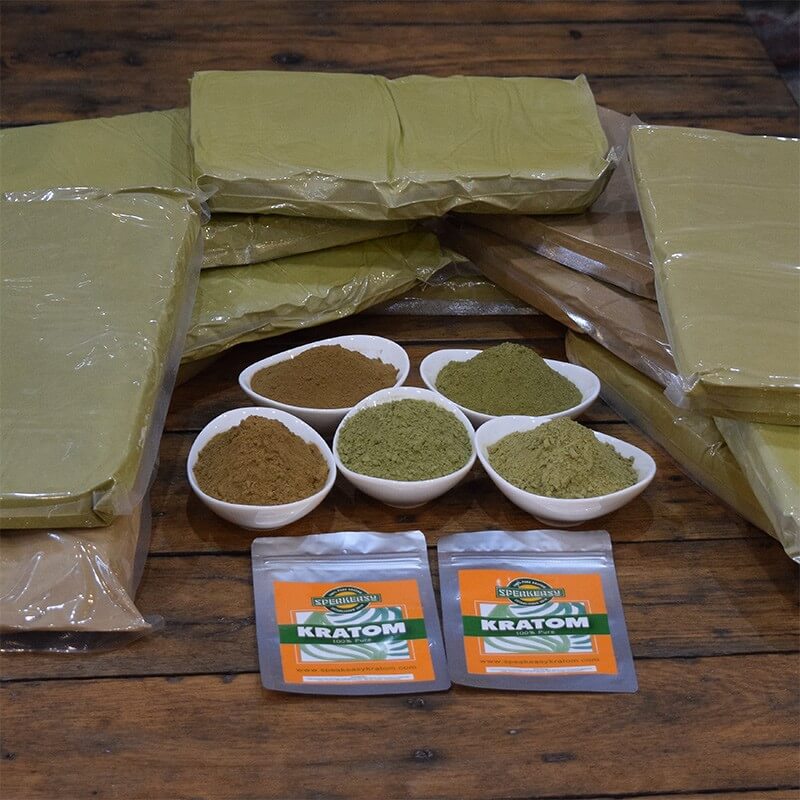
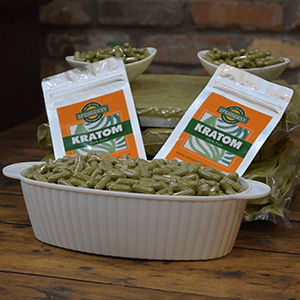
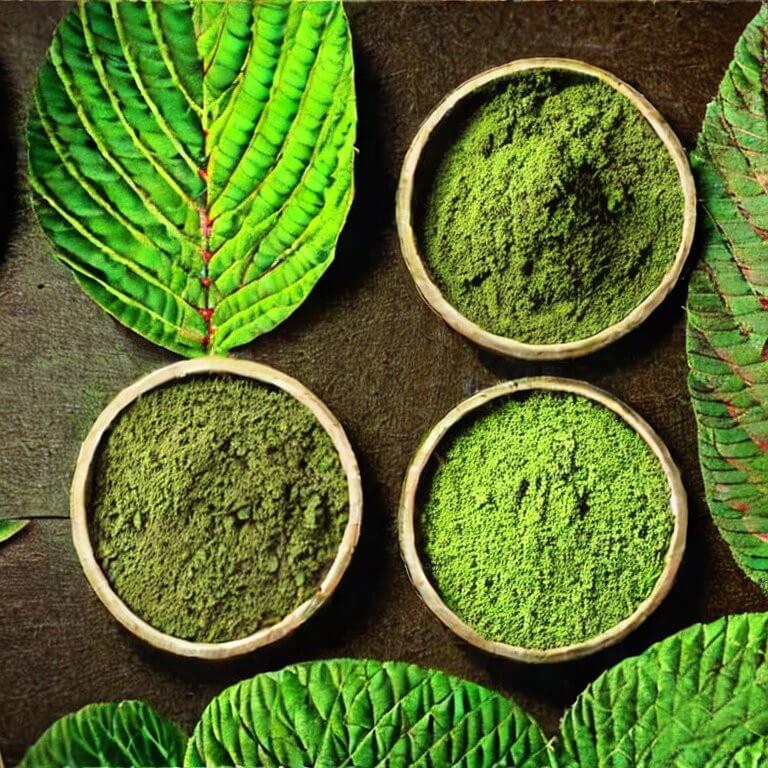
Leave a comment